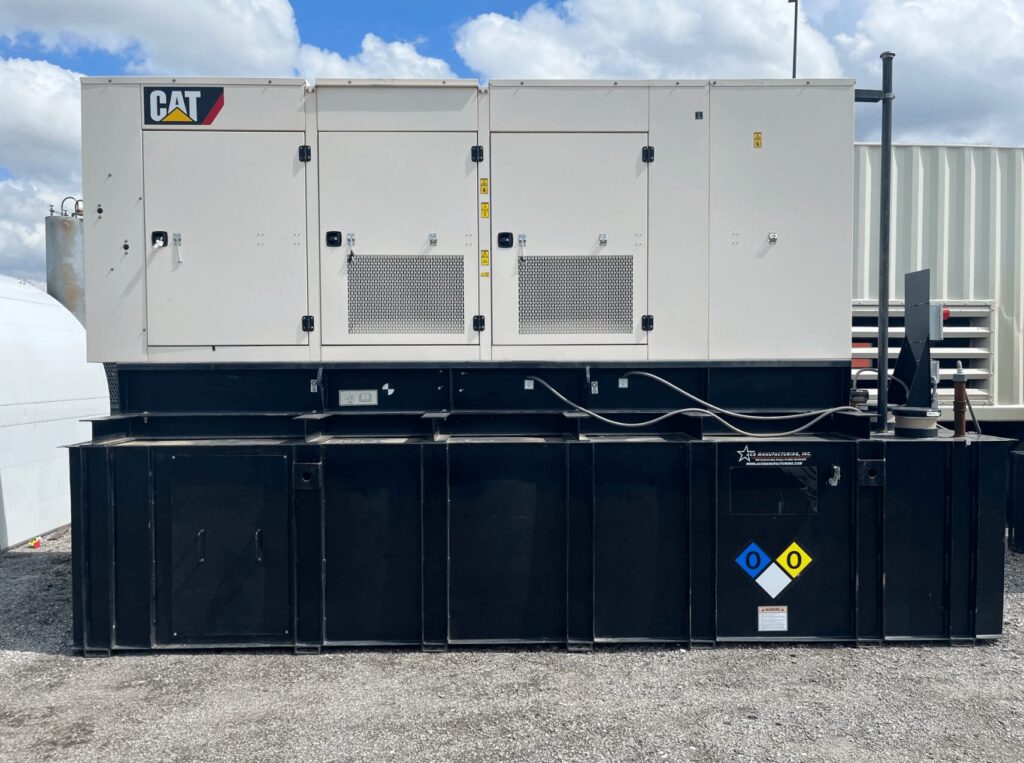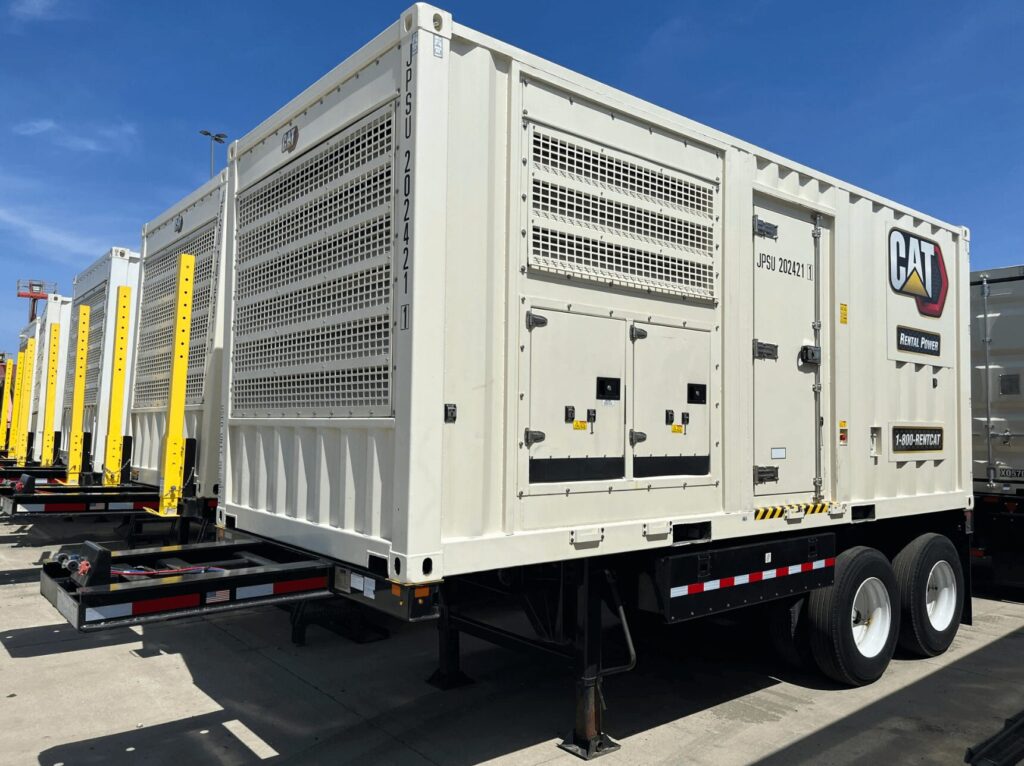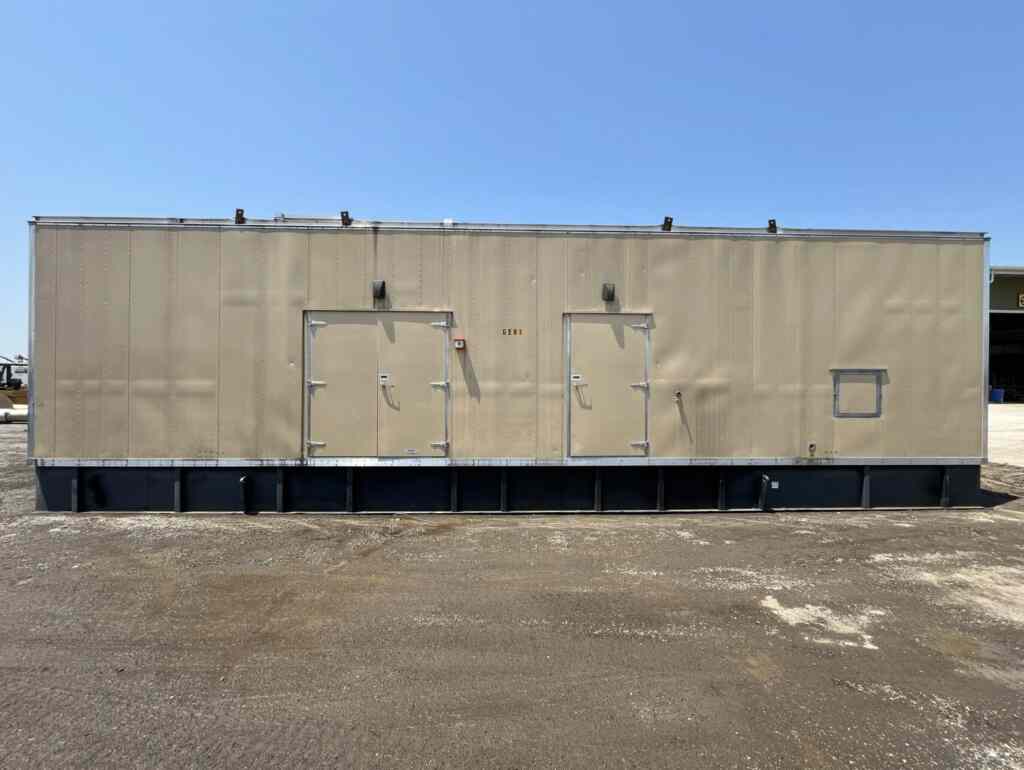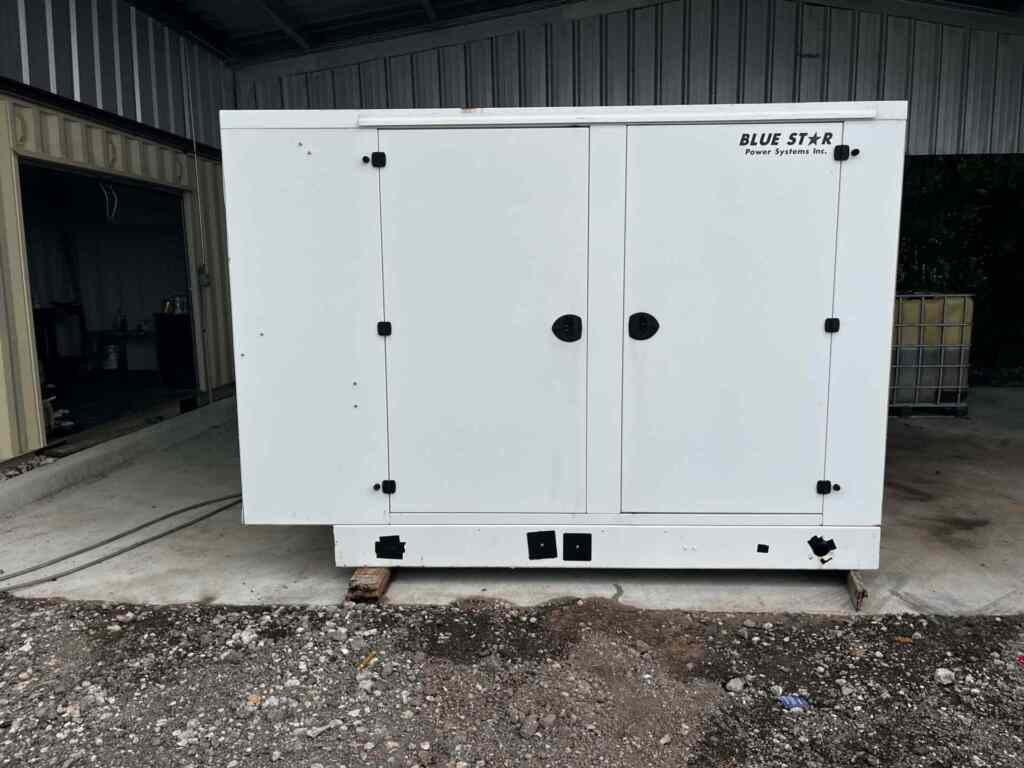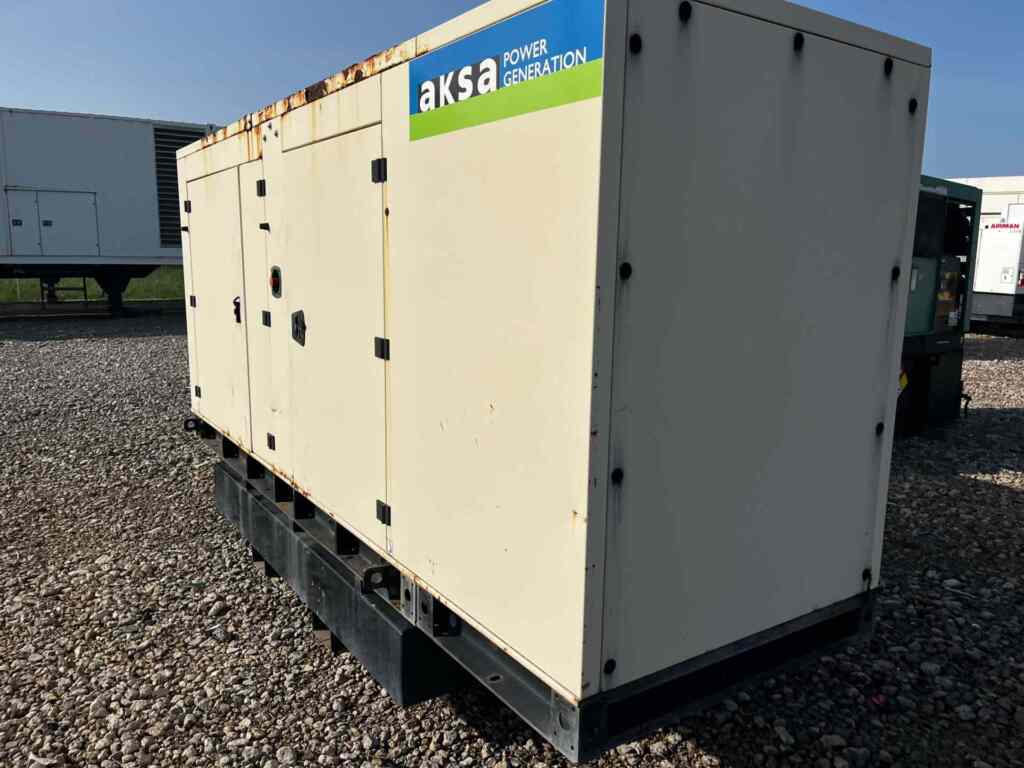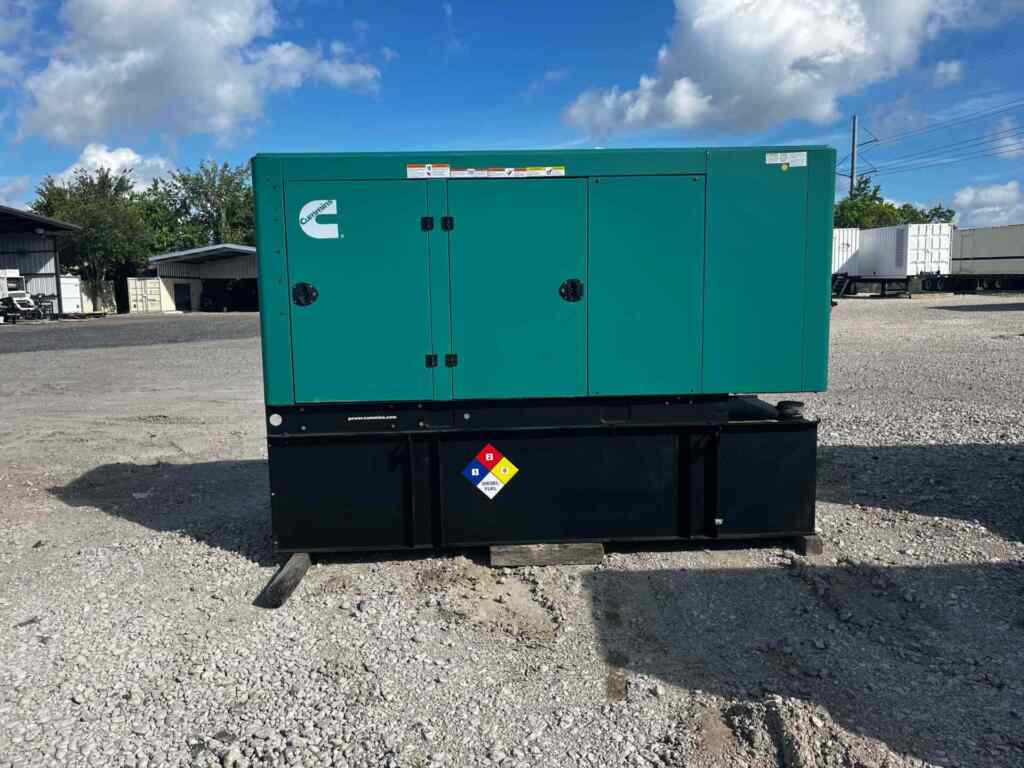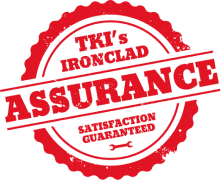Generac is one of the most recognized names in standby generators, particularly in the residential market. With a sleek design, automated operation, and affordability, it’s no surprise that homeowners often choose Generac for backup power. However, while Generac performs reliably in home settings, the same cannot be said for most commercial or industrial environments where the power demands are significantly higher and more complex.
Understanding the Differences in Power Needs
The first and most important factor to consider is the amount of electricity required. A standard residential standby generator from Generac typically ranges from 7.5 kW to 24 kW. While that might be sufficient to keep a home’s lights, refrigerator, and HVAC running, commercial operations need vastly more power to support heavy equipment, servers, refrigeration systems, lighting banks, and critical infrastructure.
Here’s a simplified comparison of typical load requirements:
| Setting | Typical Power Requirement (kW) | Generac Residential Max Output (kW) |
| Home (3,000 sq ft) | 15-25 kW | 24 kW |
| Retail Store (5,000 sq ft) | 50-100 kW | Not sufficient |
| Small Manufacturing Facility | 200-500 kW | Not sufficient |
| Hospital/Data Center | 500 kW–2000+ kW | Not sufficient |
Capacity Limits with Residential Generac Generators
Most of Generac’s residential units, such as the popular 22kW and 24kW Guardian series, are designed for single-phase use and come equipped with automatic transfer switches. However, these units are not designed for continuous-duty cycles or high-load conditions. Even Generac’s own documentation discourages the use of home standby units as a primary power source for extended periods.
Attempting to use residential-sized units for commercial purposes can lead to performance issues such as:
- Overloading and automatic shutdowns;
- Insufficient voltage for equipment startup;
- Reduced lifespan due to strain on components; and
- Inability to meet three-phase power requirements.
When Generac Does Make Sense for Commercial Use
While small Generac models are a poor match for most business scenarios, the company does manufacture larger commercial units, such as the Generac SG100. With a 100kW output and natural gas compatibility, this unit is a step up from typical residential options. However, even that may be undersized for medium to large industrial operations, where units of 500kW to 2000kW are standard.
So while the Generac brand does extend into commercial territory, the majority of its market and design intention lies in home backup power.
Meeting Commercial and Industrial Sites Needs
The most critical factor in commercial generator selection is matching the generator’s output to the site’s load profile. Businesses must consider:
- Startup surge from motors or compressors.
- Continuous running load over hours or days.
- Redundancy for mission-critical systems.
- Fuel type availability (diesel vs. natural gas).
- Regulatory compliance and emissions.
For example, a manufacturing plant with three-phase machinery and climate control systems may need a 1000kW generator, which a home standby unit simply cannot handle. Even small-scale commercial operations require at least 100kW or more to operate safely and efficiently during an outage.
Why Size and Duty Rating Matter
Generators are rated for different types of usage: standby, prime, and continuous. Most residential Generac models are standby-rated, meaning they’re designed for emergency use only, and only for a few hours at a time. They are not built for continuous-duty cycles, and sustained use can void warranties or lead to premature failure.
Industrial generators, on the other hand, often come with prime or continuous ratings. These units are built for endurance and are capable of powering large facilities without interruption. Turnkey Industries specializes in these types of heavy-duty generators with outputs from 100kW up to 2000kW and beyond.
Real-World Experiences Reflect the Gap
Feedback from real users reinforces the mismatch between home standby units and business needs. On forums like Reddit’s r/Generator, several users have reported buyer’s remorse after choosing a residential Generac unit, only to find it underpowered or inadequate for their property’s total load demand.
One user posted:
“I bought the 24kW Generac thinking it would run everything. I found out the hard way that it can’t handle my heat pumps and well pump at the same time. I should’ve gone bigger.”
This situation often leads business owners to retrofit or replace with larger industrial units, which could be avoided with accurate planning and by choosing the right generator from the start.
Generator for Business: Key Considerations
When selecting a generator for a business or industrial facility, a few key criteria should be prioritized:
- Power Output: Match generator output to maximum anticipated load.
- Fuel Type: Diesel is common for high-capacity units; natural gas for urban or regulated zones.
- Voltage and Phasing: Ensure the generator supports three-phase systems when required.
- Duty Rating: Choose based on whether the generator will be used intermittently or continuously.
- Emissions Compliance: Follow EPA guidelines, especially for Tier-rated equipment.
Choosing a unit that checks these boxes ensures reliable, safe, and cost-effective backup or primary power for any commercial setting.
The Generac Brand Has Its Place
This is not to discredit Generac as a brand. In fact, Generac is a recognized leader in home standby solutions and offers entry-level commercial units that can meet the needs of smaller businesses. However, most of their residential models are not designed or rated to handle the demands of industrial environments. This is where experienced providers play a vital role by guiding clients toward equipment that matches not just brand familiarity, but also technical requirements and performance expectations.
Working with Turnkey Industries Means Getting It Right the First Time
At Turnkey Industries, we understand the critical role industrial generators play in keeping operations running without interruption. That is why we focus exclusively on pre-owned and low-hour industrial generators, not residential or undersized units. Our inventory includes diesel and natural gas generators from 100kW to 2000kW, certified through our IronClad process to meet the highest standards of performance and readiness. We offer clients:
- Inventory ranging from 100kW to 2000kW for industrial-grade applications.
- IronClad Certified generators inspected, load tested, and ready for immediate deployment.
- Coverage across industries, including construction, agriculture, healthcare, and data infrastructure.
- Expert guidance on sizing, load planning, and delivery logistics.
- 30-day warranty included with every purchase.
Do not compromise your operations with residential-sized solutions. Contact us today to get expert help selecting the right industrial generator for your business needs.
 Turnkey Industries offers a variety of high-capacity
Turnkey Industries offers a variety of high-capacity 